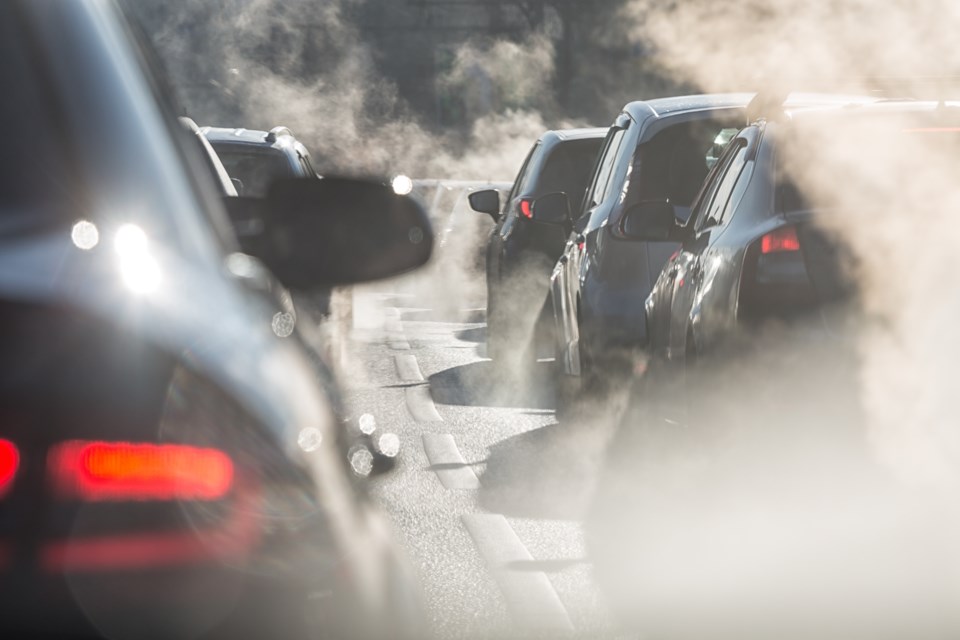InnisfilToday received the following letter from John Stillich regarding the Bradford Bypass debate:
Re: Thinking beyond the ‘more highways’ template
The recent letter by Julie Johnson rightly suggests that building more and more highways merely feeds more cars onto the roads, leading to more congestion, and that better public transit is the real answer.
However, comparing the transit system in Paris to Innisfil is like comparing the size of a grape to a watermelon. Innisfil, Bradford and the northern York region need a transportation system appropriate for them, which also does not do more damage to our natural life support systems.
The Bradford Bypass, which I think is the crux of the debate, won’t solve the area's congestion problem and is really just a rush-hour issue. The task is to find better ways to get people to and from very diverse geography of destinations.
Before building the highway, there need to be origin-destination studies to find out where people are going, and what kind of transit system would help. I don’t think that’s been done; the decisions made to build the Bypass (and others) are as much political vote-getting as actually needed.
Technology should be put to work to identify opportunities for transit services that can serve people directly – be it a regularly-scheduled fixed route or a type of personalized door-to-door service for a group of clients, a hybrid of those, or something else.
It costs households anywhere between $7,000 to $12,000 to own and operate a personal car and perhaps just $1,500 for a transit pass that might be set, depending on the route and kind of service. Those kinds of savings would do wonders for funding other family priorities.
I also think we should consider what we are doing to our young adults, many of whom will have to spend most of their hard-earned cash paying for their car (if they can afford to).
Compare that to an urban setting, where a good transit system means they can decide not to buy a car and spend their money on restaurants, sports, all sorts of arts and entertainment, education, new clothes, and people they care about.
At this time, it is inappropriate to permanently – permanently – disfigure, damage and upheave communities for something that is a rush-hour-only problem.
John Stillich
Innisfil, Ont.
